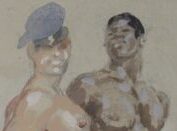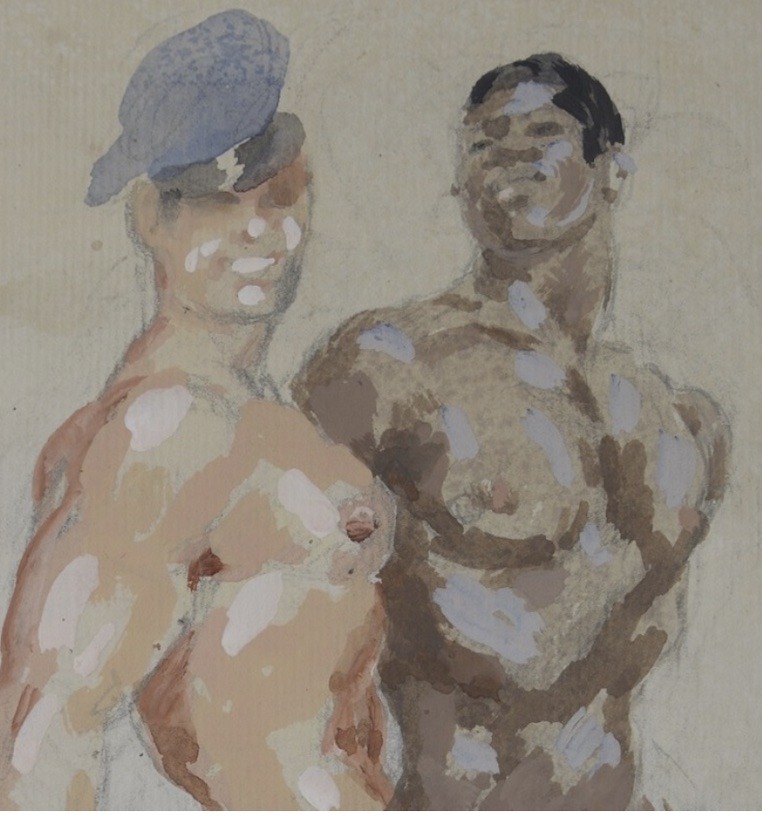 |
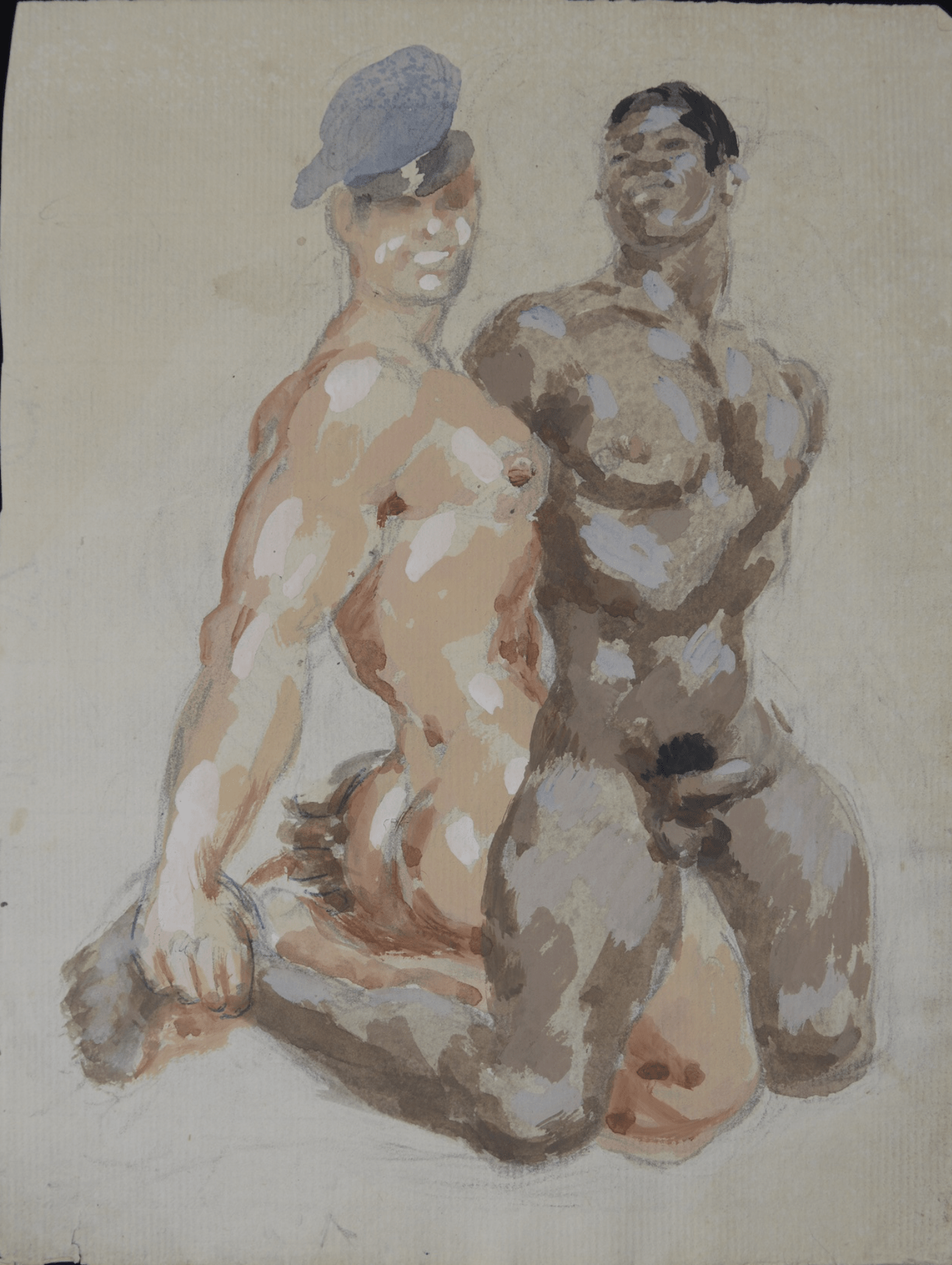 |
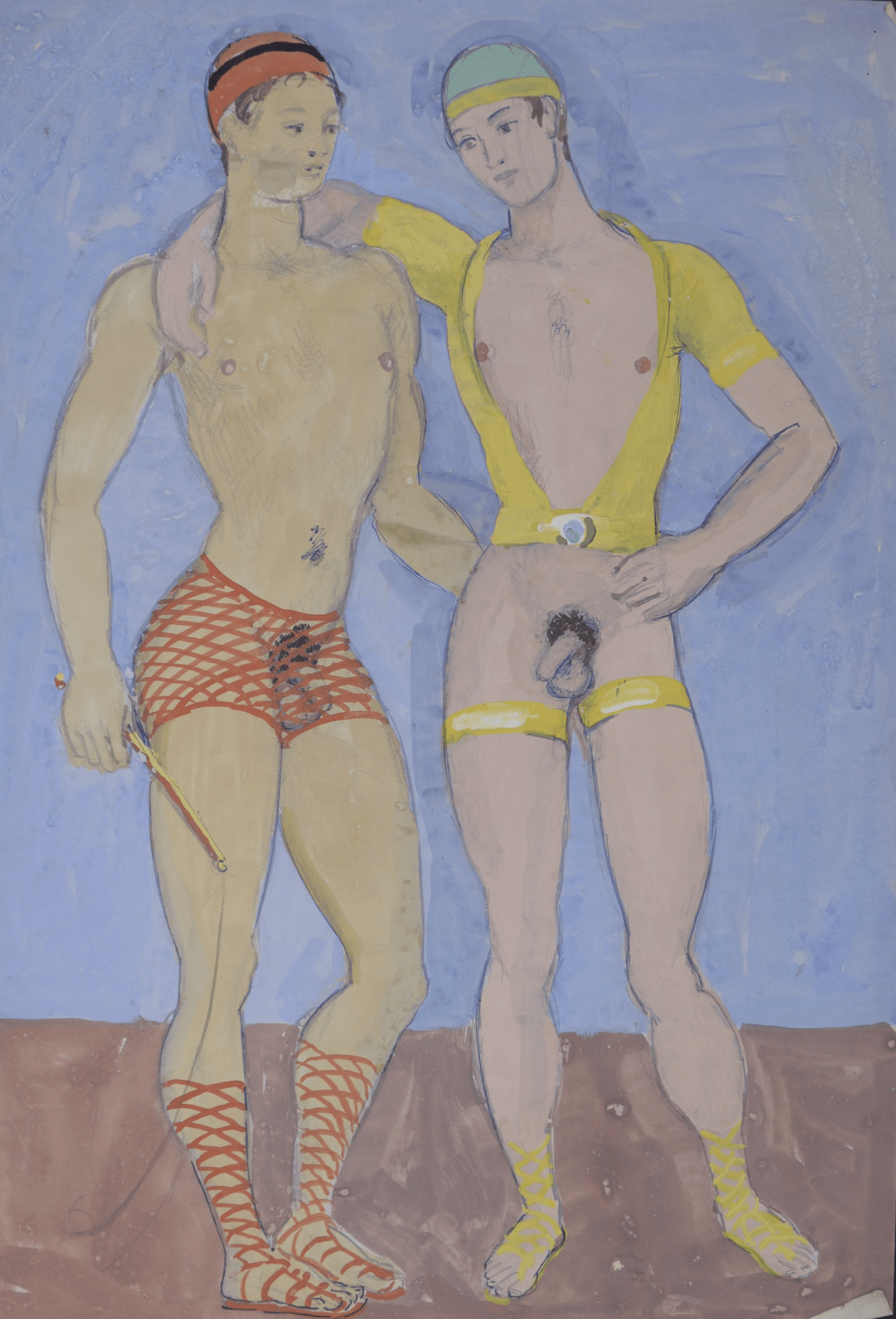 The UK has such a treasure of queer history that is so worth LGBTQ+ visitors jumping on a train out of London heading to the glorious English countryside. It’s exactly what The Bloomsbury Group did in the early part of the 20th century. They were a group of associated English writers, intellectuals, philosophers, and artists that included Virginia Woolf, John Maynard Keynes, E. M. Forster Lytton Strachey, Vanessa Bell and Duncan Grant etc who lived in Bloomsbury, Central London
The UK has such a treasure of queer history that is so worth LGBTQ+ visitors jumping on a train out of London heading to the glorious English countryside. It’s exactly what The Bloomsbury Group did in the early part of the 20th century. They were a group of associated English writers, intellectuals, philosophers, and artists that included Virginia Woolf, John Maynard Keynes, E. M. Forster Lytton Strachey, Vanessa Bell and Duncan Grant etc who lived in Bloomsbury, Central London
In 1916 Bell (a married woman) and Grant (gay) bought a farmhouse called Charleston near Lewes in Sussex, even though the couple would be together for some 40 years, it never stopped Grant from having a string of famous male lovers. Sexual fluidity and open relationships were a luxury that this group of wealthy artistic 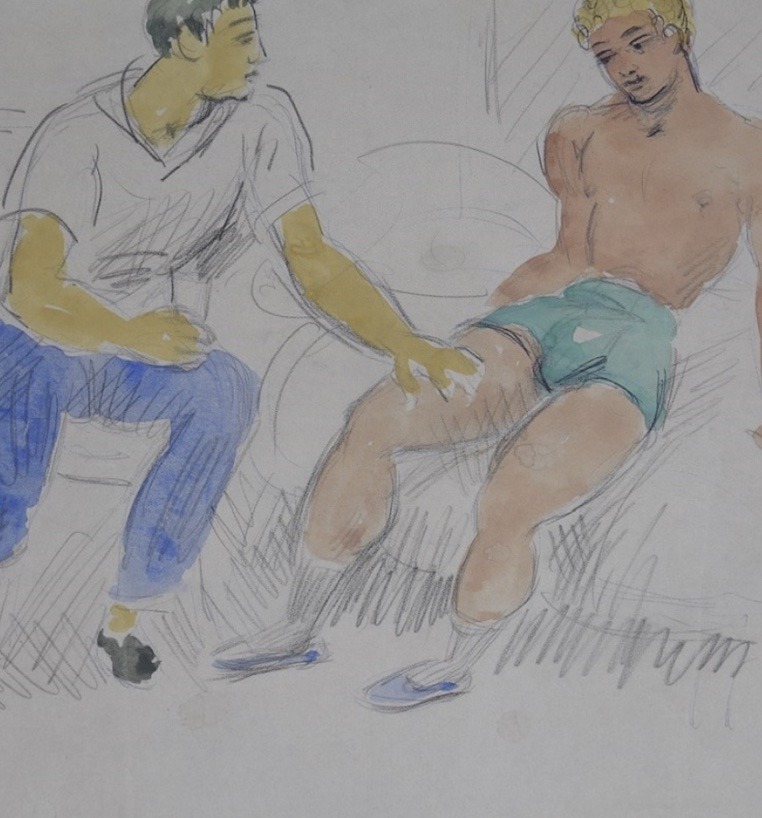 intellectuals could afford. Over the following half-century, Charleston became the country meeting place for most of them at one time or another. Clive Bell and Maynard Keynes lived there for considerable periods; Virginia and Leonard Woolf, E. M. Forster, Lytton Strachey and Roger Fry were frequent visitors. Inspired by Italian fresco painting and the Post-Impressionists, the artists decorated the walls, doors, and furniture at Charleston.
intellectuals could afford. Over the following half-century, Charleston became the country meeting place for most of them at one time or another. Clive Bell and Maynard Keynes lived there for considerable periods; Virginia and Leonard Woolf, E. M. Forster, Lytton Strachey and Roger Fry were frequent visitors. Inspired by Italian fresco painting and the Post-Impressionists, the artists decorated the walls, doors, and furniture at Charleston.
Grant was best known for his painting style, which developed in the wake of French post-impressionist exhibitions mounted in London in 1910. He often worked with and was influenced by, another member of the group, art critic and artist Roger Fry. However some 40 years after his death in 1978 a major collection of some 422 erotic drawings that Grant had made in the 1940s and 1950s’ was ‘discovered”. Homosexuality was totally illegal back then and Grant worried about what these may do to his reputation so he gave them to his friend and fellow artist Edward Le Bas in a folder marked “These drawings are very private”. Le Bas died in 1966 and it was widely assumed that the drawings had been destroyed.
However, they had in fact bounced from owner to owner and ended up in the hands of theatre designer Norman Coates who had been keeping them in a folder under his bed! He has now donated them to the Charleston Trust : they have a monetary value of £2 million but in terms of cultural significance and queer history and worth so much more
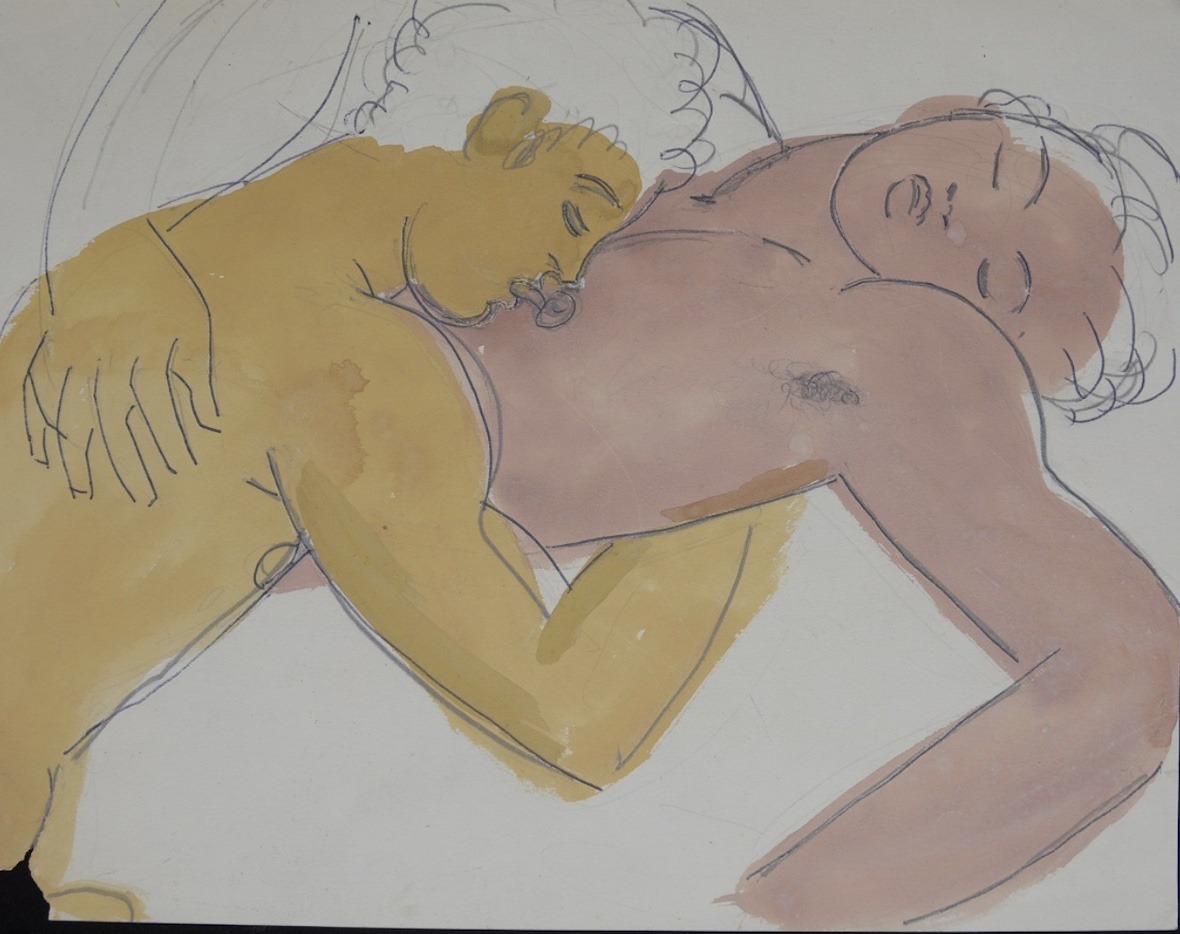 |
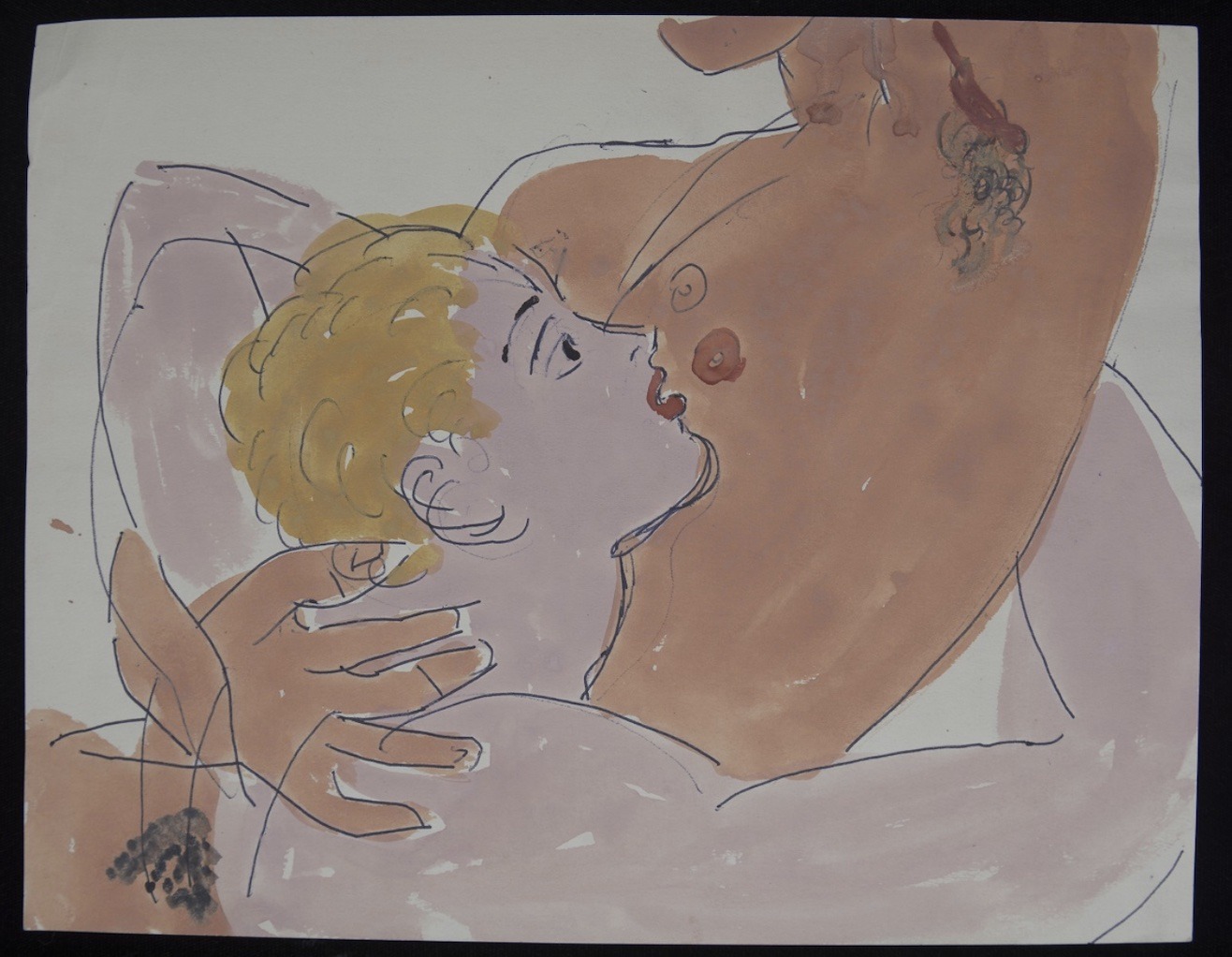 |
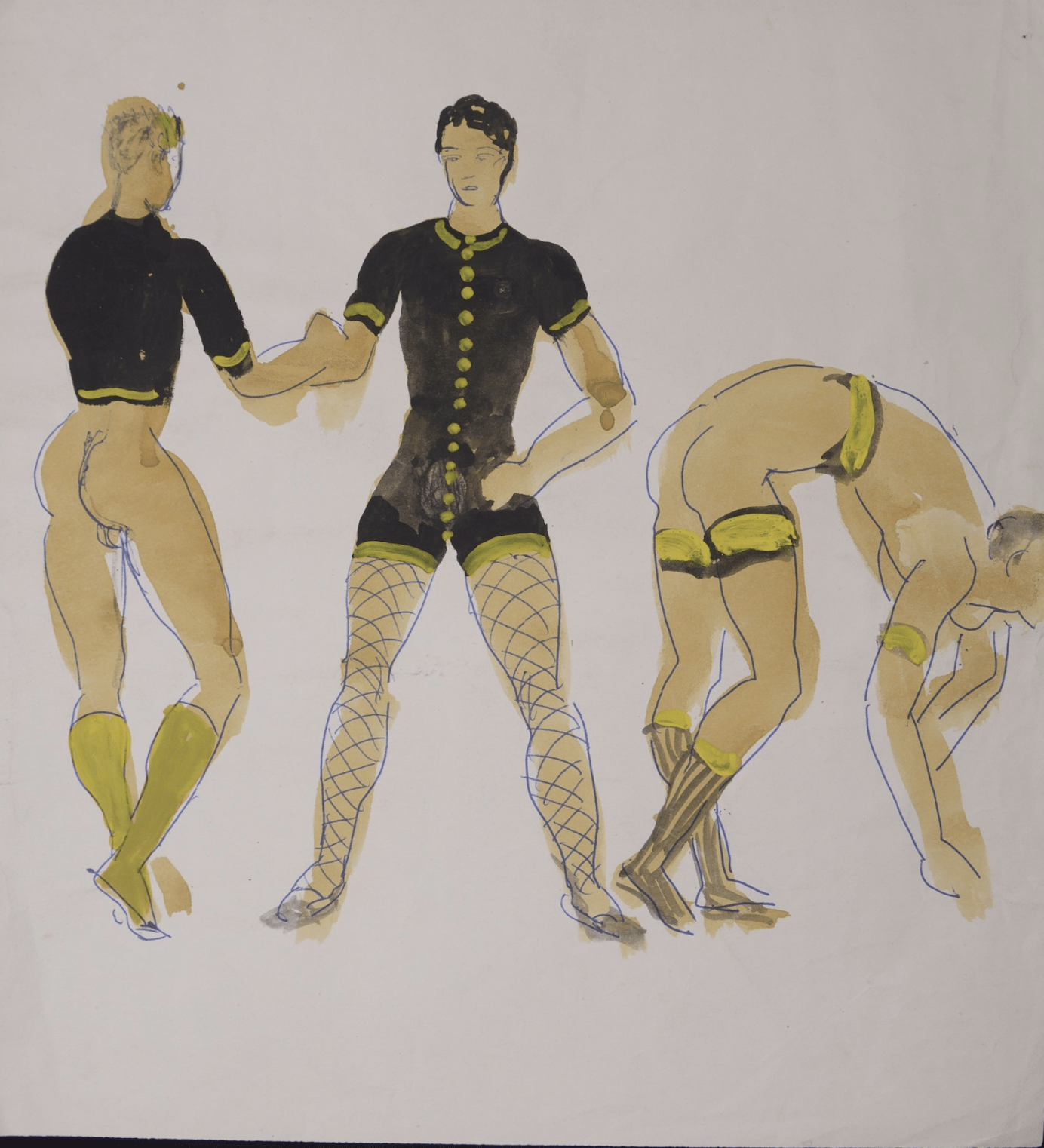 |
 |
Charleston is based in the heart of the South Downs National Park in East Sussex, UK.
The address is Charleston,
Firle, Lewes, East Sussex, BN8 6LL.

